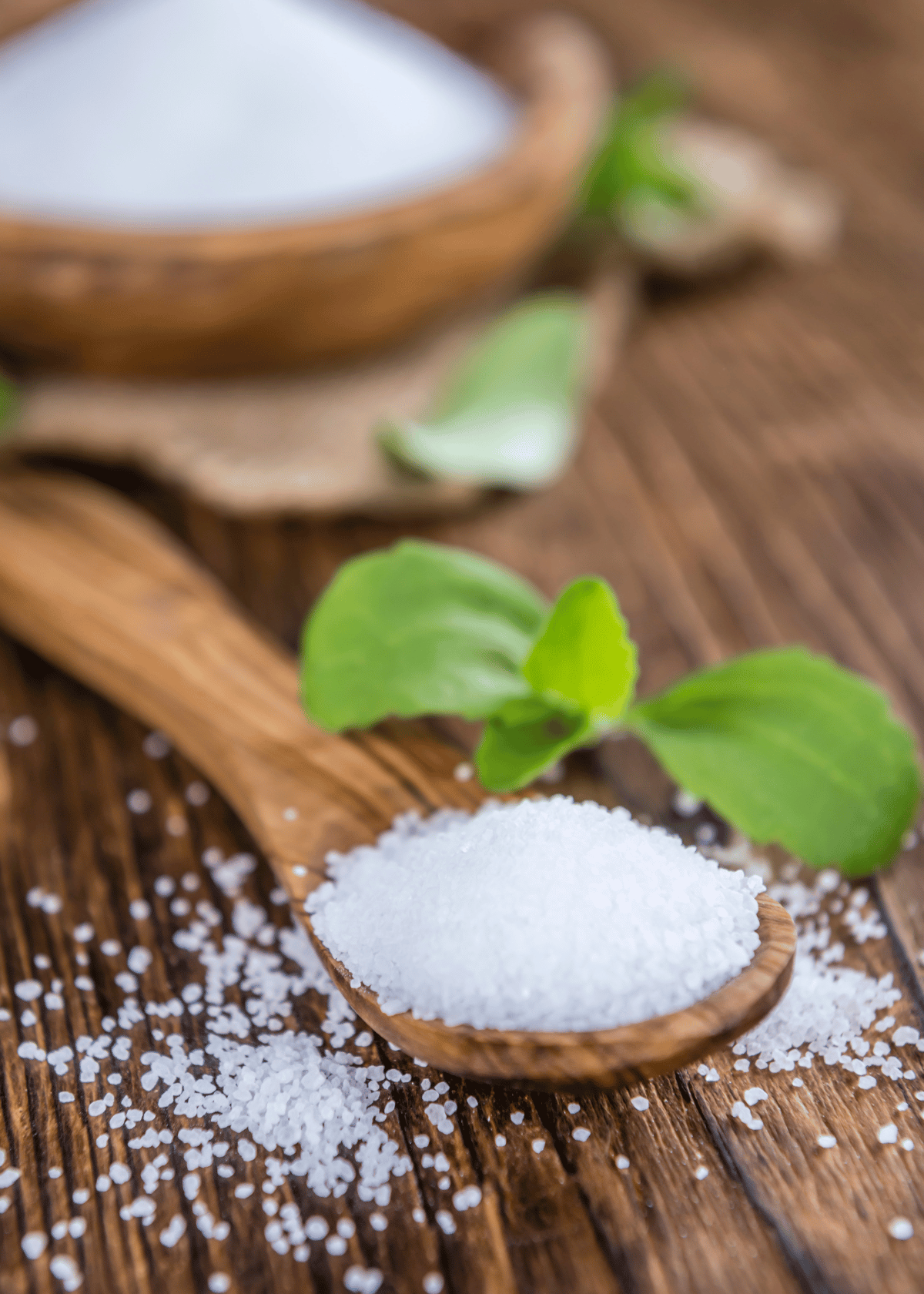Echinacea tea is a popular herbal infusion made from the petals, stems, and leaves of the echinacea plant. It has long been used as an herbal remedy to treat a variety of ailments, including colds, flus, and other illnesses. In recent years it has become increasingly popular as more people are seeking natural remedies for their health problems. This guide will provide you with everything you need to know about echinacea tea and its benefits, side effects, and uses.
What is Echinacea Tea?
Echinacea tea is made from the petals, stems and leaves of the echinacea plant (Echinacea purpurea), which is native to North America. The active constituents of this plant are thought to be responsible for its many medicinal properties. It contains compounds such as polysaccharides, flavonoids, alkaloids, glycosides and essential oils. These compounds are believed to have anti-inflammatory and immune-boosting properties that can help protect against infection and disease.
Benefits of Echinacea Tea
The main benefit of drinking echinacea tea is that it can potentially boost your immune system by helping your body fight off infection from bacteria and viruses. Additionally, some studies have shown that echinacea may reduce inflammation in the body which can help relieve symptoms of arthritis or chronic pain. Furthermore, it may also help improve digestion by aiding in digestion of food particles in the gut. Finally, some studies have suggested that drinking echinacea tea may even reduce stress levels by promoting relaxation in the body due to its calming effect on the nervous system.
Side Effects & Uses
Although there are many potential benefits associated with drinking echinacea tea, there are also some potential side effects that should be taken into consideration before consuming it regularly. Some common side effects include nausea or upset stomach if consumed in high quantities or too frequently; headaches; dizziness; skin rashes; or allergic reactions such as difficulty breathing or swelling in certain parts of the body if one has an allergy to plants belonging to the asteraceae family (which includes daisies). When using echinacea for medicinal purposes – such as treating colds or flu – it’s best to consult with a healthcare professional first before taking any supplements or teas containing this herb. As far as uses go, you can drink up to three cups per day for general health maintenance; however, more than three cups could result in negative side effects so please consult with a healthcare professional beforehand for advice regarding how much would be safe for you specifically before consuming large amounts regularly over time!
Some Additional Echinacea FAQs
Are there other species of echinacea plants?
Yes. There are three species of echinacea plants - Echinacea angustifolia, Echinacea pallida, and Echinacea purpurea.
Echinacea is a genus of flowering plants in the family Asteraceae. They are endemic to eastern and central North America, where they grow in moist to wet prairies and open woodlands. The garden flower purple coneflower is derived from the species Echinacea purpurea.
Echinacea extract has been used medicinally for hundreds of years, most commonly to treat upper respiratory tract infections, although there is no good evidence that it is effective for this purpose. more recent research has focused on its potential use as an immunostimulant, especially in the treatment of colds and other minor infections.
Echinacea species are used as food plants by the larvae of some Lepidoptera; see list of Lepidoptera that feed on Echinacea. The roots are bitter and have been used for making a kind of beer, although this is discouraged and illegal in some jurisdictions where the species is not endemic.
What other potential applications does echinacea herbal therapy have?
Echinacea is a Native American medicinal plant that has been used for hundreds of years to treat a variety of infections, including urinary tract infections, genital herpes (reference this study: Does the extract of the plant Echinacea purpurea influence the clinical course of recurrent genital herpes?), and other viral infections.
Recent research suggests that echinacea may also be helpful in boosting the immune system and preventing the common cold. Echinacea extracts have been shown to kill a wide range of bacteria, viruses, and fungi, making it an effective natural treatment for many types of infection.
What is consider a standardized echinacea preparation or dose?
Standardized echinacea purpurea preparations are an extract from the herb Echinacea purpurea that has been standardized to a certain percentage of active compounds. This means that the extract has been tested to ensure that it contains a certain percentage of the active compounds (usually polysaccharides, phenols, and alkylamides) found in the herb.
A typical dose for a standardized echinacea purpurea preparation is 300 mg per day. However, it's important to consult with a healthcare professional before taking any type of supplement, as interactions with other medications or conditions may occur.
Can echinacea purpurea herbs fail to reduce the severity of cold and flu symptoms?
Echinacea purpurea is a popular herb purported to reduce the severity of cold and flu symptoms, but there is little scientific evidence to support this claim. A 2007 study published in the journal "Lancet" found that echinacea purpurea was no more effective at reducing the severity of cold and flu symptoms than a placebo. However, a 2009 study published in the journal "Phytomedicine" found that echinacea purpurea was effective at reducing the duration of cold and flu symptoms by an average of 1.5 days. More research is needed to determine the efficacy of echinacea purpurea for treating cold and flu symptoms.
Conclusion:
In conclusion, echinacea tea is a popular herbal infusion made from various parts of the echinacea plant that has long been used as an herbal remedy for various illnesses such as colds and flus. It contains compounds such as polysaccharides, flavonoids, alkaloids and essential oils which work together to provide anti-inflammatory and immune boosting properties that can help protect against infection and disease while providing relief from inflammation caused by chronic pain or arthritis symptoms!
Additionally – when taking echinacea at recommended doses – it has other health benefits such as aiding digestion while reducing stress levels due to its calming effect on the nervous system! However – please consult with a healthcare professional beforehand if you plan on using this herb medicinally or consuming high doses regularly over time so they can advise you further on any potential risks associated with doing so based on your individual health status!
Want to learn about the six best teas for digestive health? Read our article here!







